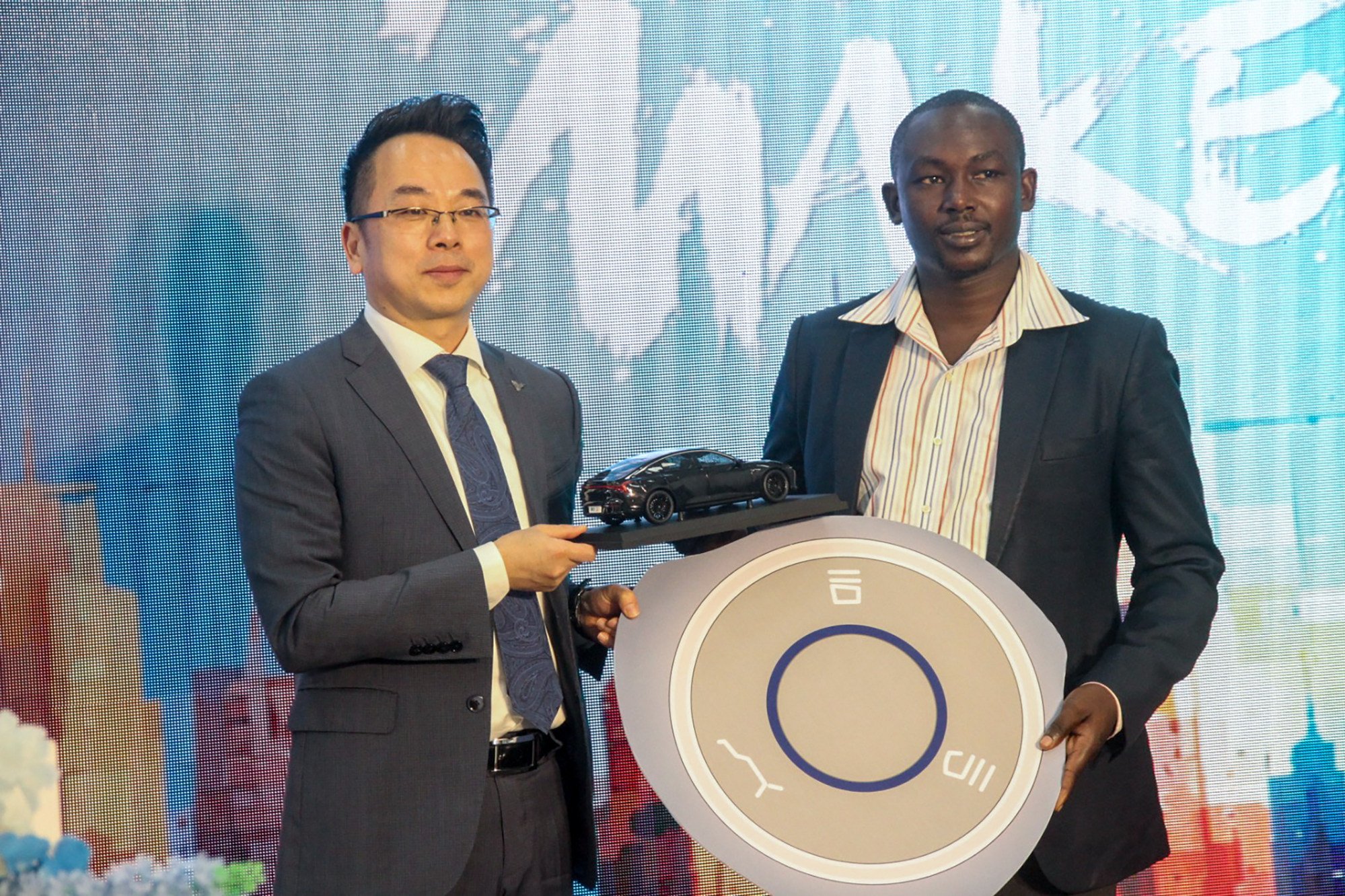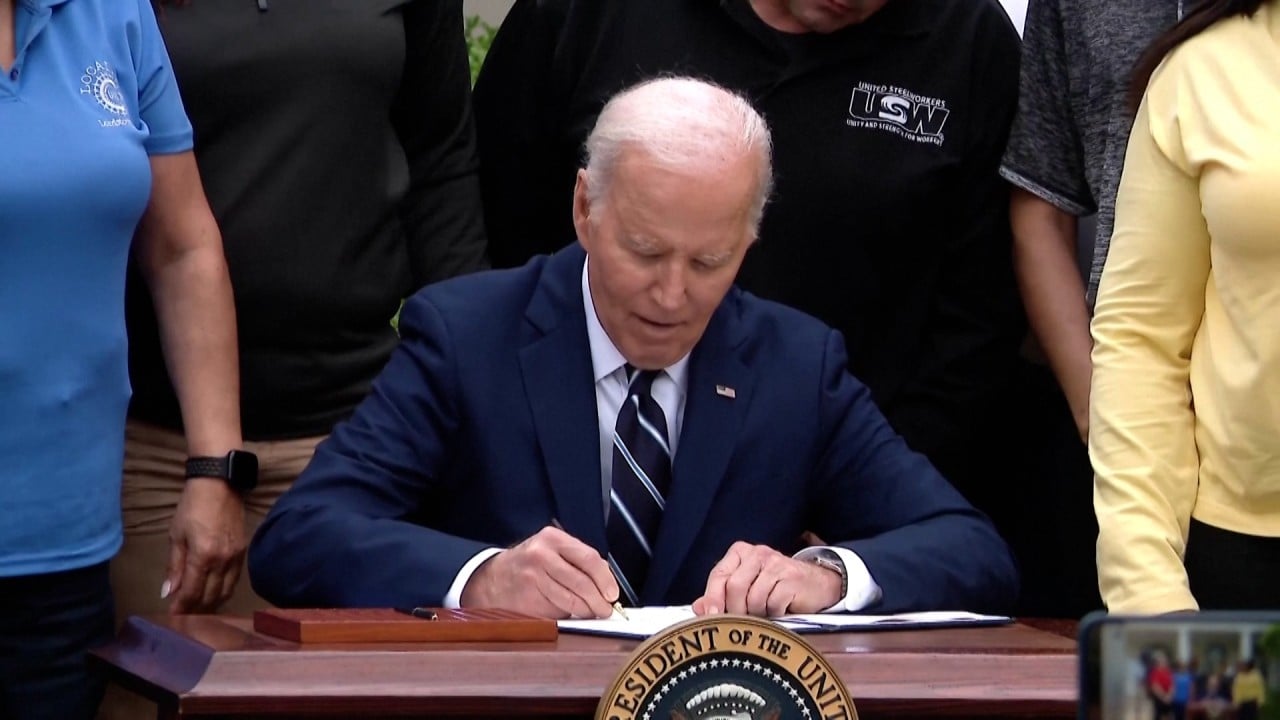Chinese EV makers bypass EU and US tariff roadblock by turning towards Africa
But while he was confident the tariff rise was just a bump in the road, he said if it continued for too long, it could cause more problems.
“If the policies last long, that would have a negative effect on consumers’ experience with product selection and our technology development,” he said.
In an interview on the sidelines of the opening, Zhou said countries in Africa, Southeast Asia, South America and some European markets are all on the radar of Chinese EV brands.
“We believe that these policies or obstacles are temporary or short-term,” Zhou said.
“We believe that global consumers will choose the best technology, quality product and excellent service.”
Beijing has rejected the claims as “baseless hype”.
“That’s why we cannot say that the best product quality and low price is a result of Chinese government subsidies only,” Zhou said.
He also noted that, globally, many governments give subsidies to carmakers.
“Some countries or regional governments actually give a lot of subsidies for their brands,” Zhou said.
In Nairobi, the Chinese EV maker debuted its Neta V star model car, with dealer Moja EV Kenya as its distributor. It will retail for around US$31,000 and has a range of about 380km (236 miles) on a full charge. Other models such as Neta Aya and Neta X will follow in the coming months.
“Together with AVA, we will quickly produce local EVs in Kenya. Neta will provide our resources for training and technology transfer,” Zhou said, adding that assembly could begin in the first half of 2025.
Looking to its African future, over the next two years the EV maker plans to enter 20 countries and open 100 stores. And within three years, Neta hopes to achieve an annual sales volume of more than 20,000 units in Africa.
“The successful launch in Kenya is not only an exciting chapter of Neta Auto’s globalisation story but also a powerful step for the Chinese brand on the world stage,” a Neta statement said.

“Electrifying the intensively used commercial motorcycles found across Africa is a logical first step to decarbonising a very large potential market of motorcycles across the Global South,” BYD spokesman Sihai Zhang said.
“Our first electric buses have completed assembly with our partners at Kenya Vehicle Manufacturers (KVM),” Jit Bhattacharya, co-founder and CEO at BasiGo, said in a recent interview.
“These are the first units in what we believe will be the first high-volume, serial assembly line for electric buses in Kenya,” he said.
“It is exciting to see China’s leading OEMs recognising the enormous market opportunity from the emerging e-mobility industry in Africa,” Bhattacharya said.
Walt Madeira, principal analyst for Europe, the Middle East and Africa vehicle forecasting at S&P Global Mobility, said Chinese carmakers have big plans for its EVs and over the years the Chinese government and construction companies have developed good relationships across Africa.
“Our forecast shows a positive demand development for Chinese carmakers in Africa, but at a slow sustainable rate,” Madeira said.
However, he said the big roadblocks are the lack of EV infrastructure and the instability of the energy. South Africa, for example, experiences many power disruptions.
“At the moment, hybrids are gaining in popularity among consumers, exactly because they are fuel efficient and give peace of mind with no need for charging headaches,” Madeira said.
.jpg?itok=Qexy_wA0)
